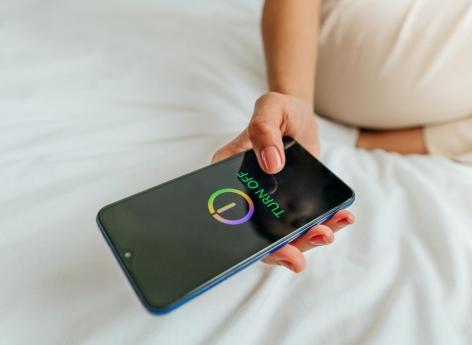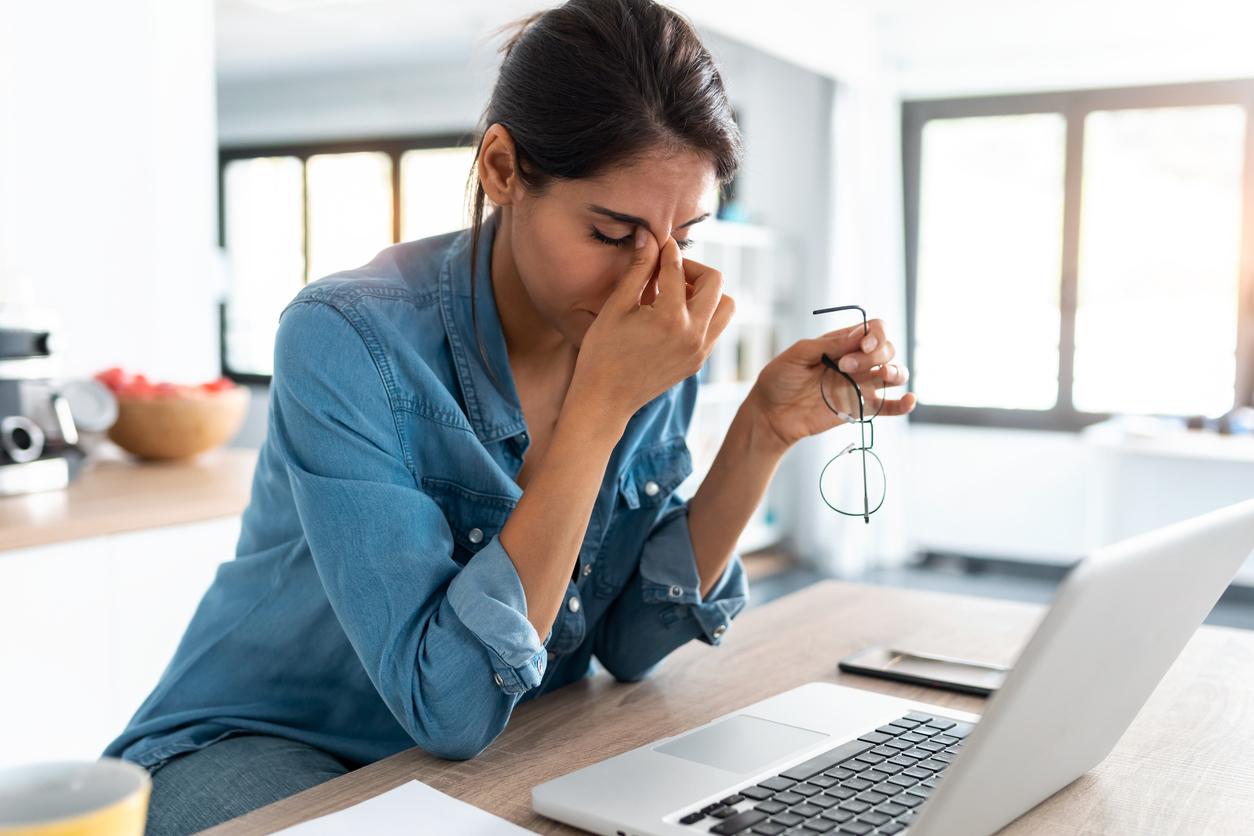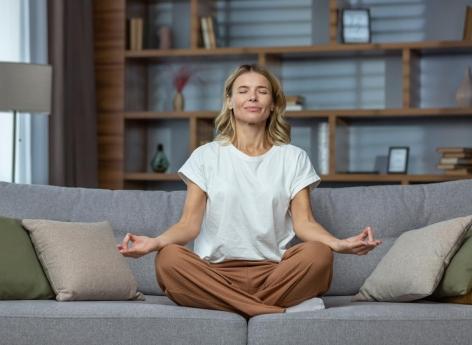The mental health of young people depends on how they use platforms, such as Instagram, X or TikTok, rather than the time they spend on them.

- According to authors, young adults can be supported to use social networks in a more intelligent way, rather than refraining from consulting them altogether.
- This balanced approach helps you create and maintain meaningful, positive online connections with other people and feel more socially supported.
- Additionally, by muting or deleting certain accounts, participants compare themselves less to others, reducing anxiety and low self-esteem.
To communicate, fight boredom, do research, find out about current events… Adolescents and young adults are increasingly consulting social networks for different reasons. Problem: some researchers fear that their use is harmful, while others say that it helps meet social needs. In a recent study, published in the journal Journal of Experimental Psychology: Generalscientists from the University of British Columbia (Canada) wanted to determine whether reducing or disconnecting from these platforms, as opposed to using them more intelligently, could improve psychological well-being.
Social networks: keep your habits, disconnect or use them more intelligently?
In order to carry out the work, the team recruited 393 Canadian people, aged 17 to 29, presenting certain mental health symptoms and considering that social networks had a negative impact on their lives. They were randomly divided into three groups: a control group that continued their usual activities, an abstinence group that was asked to stop using the platforms completely, and a “tutorial” group that was framed in the intentional and smarter use of social media.
The tutorials guided participants to foster meaningful online connections (commenting on their friends’ posts, sending them messages), limit interactions that encourage self-comparison, and carefully select the people they follow. “Volunteers’ social media behaviors were reported and tracked using phone screen time apps, while well-being was reported by young people themselves, in four periods (6 weeks in total)”, can we read in the research.
Less social media anxiety thanks to its smarter use
According to the results, members of the abstinence and “tutorial” groups both reduced their use of social media and experienced fewer social comparisons, “a common trigger for anxiety and low self-esteem.” Those who followed tutorials to use platforms more intelligently also reported notable improvements in loneliness and fear of missing out (FOMO). In comparison, people who refrained from checking social media altogether were more successful in reducing symptoms of depression and anxiety, but reported no improvement in loneliness.
For Amori Mikamilead author of the study, learning to use platforms in a smarter way is a balanced approach. It can constitute a realistic alternative to total disconnection. “Platforms are here to stay. And for many people, quitting isn’t a realistic option. But with the right advice, young people can have a more positive experience, using social media to support their mental health instead to harm it.” From now on, the researcher plans to offer workshops and educational sessions during which young people will learn to use these platforms as a tool to strengthen their relationships rather than as a source of comparison and stress.

















